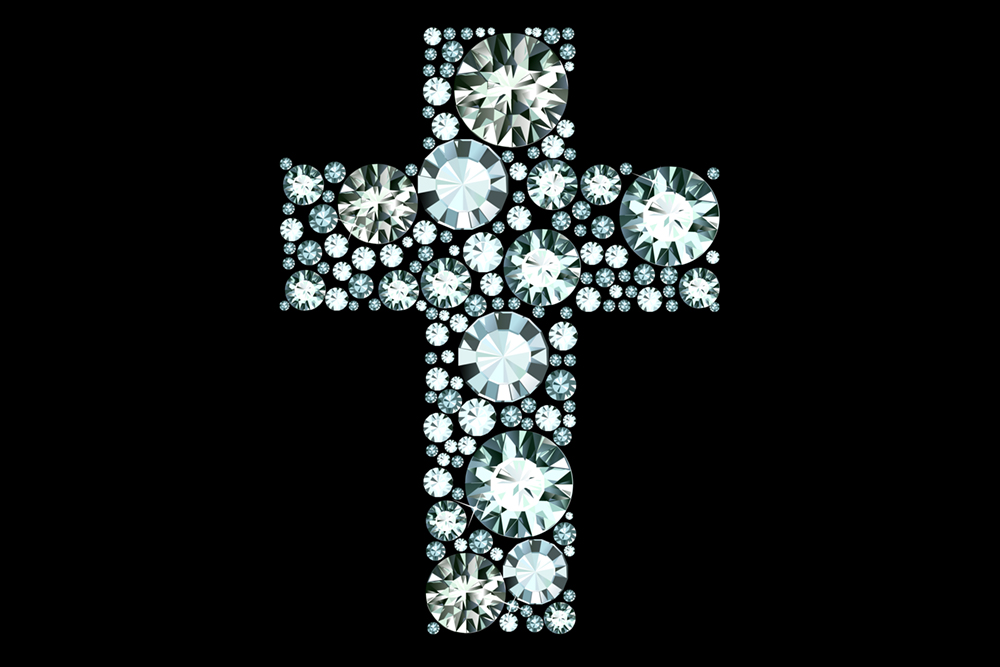The Catholic faith is communal: we come into the Body of Christ in order to be saved and we rely on each other in the journey of faith. Being Catholic is far more than just knowing Catholic doctrine: it’s knowing how to live out the teaching of the Church in relationship with others and then proceeding to do so.
Sometimes the RCIA experience is a process that communicates information at the expense of creating community. It can be one that concentrates primarily on imparting what we have to offer those inquiring about the faith. That is both necessary and appropriate: we have a wonderful faith tradition; we have a deposit of faith and a long tradition of explaining it to share.
Likewise, the people who are coming into the Church have gifts, experiences and graces to offer us. The process of RCIA is not just one of communicating the beautiful truths of the Catholic faith. It’s also the process of newcomers’ learning how to be part of a new, and sometimes very different family. It is also the process of those already Catholic finding room for the newcomers and the different gifts they bring with them. The Body of Christ is impoverished whenever we are missing members, however we are missing them. Those inquiring through the RCIA process offer something we need for our own faith experience, something that we need to make our own experience of the Body of Christ complete.
How do inquirers bring their gifts to us? How do they experience faith? How do they communicate that faith, whatever it is? How do we as a pilgrim people ourselves, accompany people on their journey into the Church?
Faith is like a diamond with many different facets, each facet a different perspective on Christ. We need all of the facets to make the diamond bright and clear and beautiful and fully reflective of the light it receives. The more facets we see, the more we understand about our own faith and the better we relate to those who share it. Those facets — those perspectives and thus the gifts our inquirers bring — depend on three things: individual make-up, experiences, and formation.
How a person experiences faith depends, to a certain extent, on individual DNA, who that person is created to be. We’re all born with gifts. We’re born with certain abilities and we lack others. Some people can sing beautifully; others are utterly tone deaf. For people who sing beautifully, music is often an entrance point into the Church. For the tone deaf, generally not.
Our intrinsic makeup makes a difference in how we understand and receive what the Church offers to us.

